Remote, manufactured bespoke boots from Carreducker

I've known Deborah Carré and James Ducker (below)for many years, having first covered their workshops when they were at Cockpit Arts (those pictures of me and Luke!), then the opening of their service at Gieves & Hawkes, and more recently tried the saddle stitching in their new space at Chocolate Studios.
We also made a great film together last year, discussing the industry with some more unusual cordwainers.
Throughout that time, Deborah and James have been among the most interesting and innovative people I've known in shoemaking.
Their style has always been quirky - perhaps as James put it to me recently, a 'magpie' style, with little interesting bits and pieces always being pulled in. Anything, really, that catches their eye.
That style hasn't always appealed to my classical tastes. But their approach to making and to business always has.
They ran workshops from an early stage as Carreducker, partly to smooth out what can be quite an erratic income from bespoke. James taught shoemaking at Cordwainers for several years, but now that’s closed - after the school became part of London College of Fashion - the Carreducker course is the only one left in the UK.
They also started an online store for shoemaking tools a few years ago, called The Toolshed (below). That made sense given how many shoemakers they were training, all of whom needed supplies. But it’s also a valuable service for the industry as a whole, and something few people have done successfully in other crafts.
In 2015 they also started offering ready-made shoes, but not just RTW versions of their bespoke designs, as others would do. Instead, when they found shoemaking outfits around the UK that they wanted to support, they designed a shoe with them and used a kickstarter campaign to pay for the shoes. Which has led to slippers made in Sheffield, desert boots made in Suffolk, and walking boots made in Derbyshire.
Those are the shoes you can see on the Shop page of the Carreducker site.
All of which, as per usual, is a way of introducing the reason for this post: that a more recent innovation convinced me to make a first pair of boots with James.
Last year, Carreducker introduced what they call Bespoke Manufactured. Basically, a shoe made in exactly the same way as their bespoke, except that the soles are sewn on by machine.
The welts are still sewn by hand, but doing the sole by machine saves £845 on the normal bespoke price. In fact, they’ve just this month gone further than that, breaking down bespoke again to include Blake-stitched soles (no welt, so no hand welting), which saves another £355.
This means they can cater to a much wider audience. For example, they recently made shoes for an older lady that had various issues with her feet. The Blake-stitched service meant that she received the same expert fitting and lastmaking, on a quality shoe, for under £2000.
That’s still a lot of money, of course, but more affordable than the normal bespoke price (with Carreducker and others) of over £3500.
James also recently made a pair using this service for a man who wanted something with so much space in the front of the shoes, that they weren’t even touching his feet. No constraint at all.
“We did the consultation, all the measuring, and got the lasts back after a few weeks,” says James (below). “I thought they looked horrible, they were so big. But the customer was ecstatic - it was exactly what he wanted.”
I’ve long argued that high-end shoemaking needs more options between ready-made and bespoke. The high price, and sometimes unpredictable nature, of bespoke shoemaking puts a lot of people off and stops them making that jump.
One option is to reduce the lastmaking work, by modifying a RTW last as Saint Crispin’s does. Another is to reduce the handwork, as Carreducker is doing here.
When James and Deborah started out, their initial offering was actually bespoke-making on RTW lasts - a different option again, and one offered by several makers today, such as Yohei Fukuda, Stefano Bemer and (most recently) Gaziano & Girling.
“I don’t think anyone really understood what we were offering back then,” says James. “It would probably have been better understood today.”
Part of the reason James and Deborah (above, teaching our class) started with that combination was that they were both trained shoemakers - rather than lastmakers and fitters.
James had gone to work for John Lobb Ltd after doing a shoe course in Barcelona (where he was an English teacher) and Deborah had used the QEST scheme to do a similar course, while working in marketing.
They both continued their day jobs for a few years while starting Carreducker - James made for Lobb for over 10 years - and again, I think the broader awareness of Deborah’s background, for example, informs a lot of what the pair offer today.
I was very impressed, for example, by the thoroughness of the remote measuring and fitting system that James used for my boots.
We had to make them remotely, because it was during lockdown and no one was allowed to visit anyone else. But of course, a successful remote system also opens up the whole world of customers potentially, if it can work.
James not only sent detailed instructions, but he had created videos showing how the measuring should be done, and sent foam pads to imprint your feet (something others use, but I’ve only personally found at Texas Traditions in Austin).
So, there was good reason to try Carreducker, because I’ve never done so before, because they’re doing something original, and because the remote service meant it had the potential to apply to all readers.
The only missing element was finding a style of shoe I liked, and fortunately I did that very easily. I hadn’t looked at the bespoke gallery for a while (it’s a little hidden - you can see it here) but when I did there was plenty to choose from.
You can see, perusing that gallery, what I mean about the style - it’s very different from, for example, browsing Yohei Fukuda. The look is more playful, more rugged, with more colour and more natural-leather edges.
But I liked the look of the Gilbert Hunting Boot (above). It would be something I didn’t have, that perhaps demonstrated the crossover between my style and Carreducker’s, and was something I would find it difficult to buy ready-made. Boots that high are never comfortable on my ankle bones or calves.
The whole process took almost a year, with various delays resulting from Covid. But I’m pleased to say I’ll be able to show the results soon.
Photography: Carreducker. Below, the Gieves service on display.












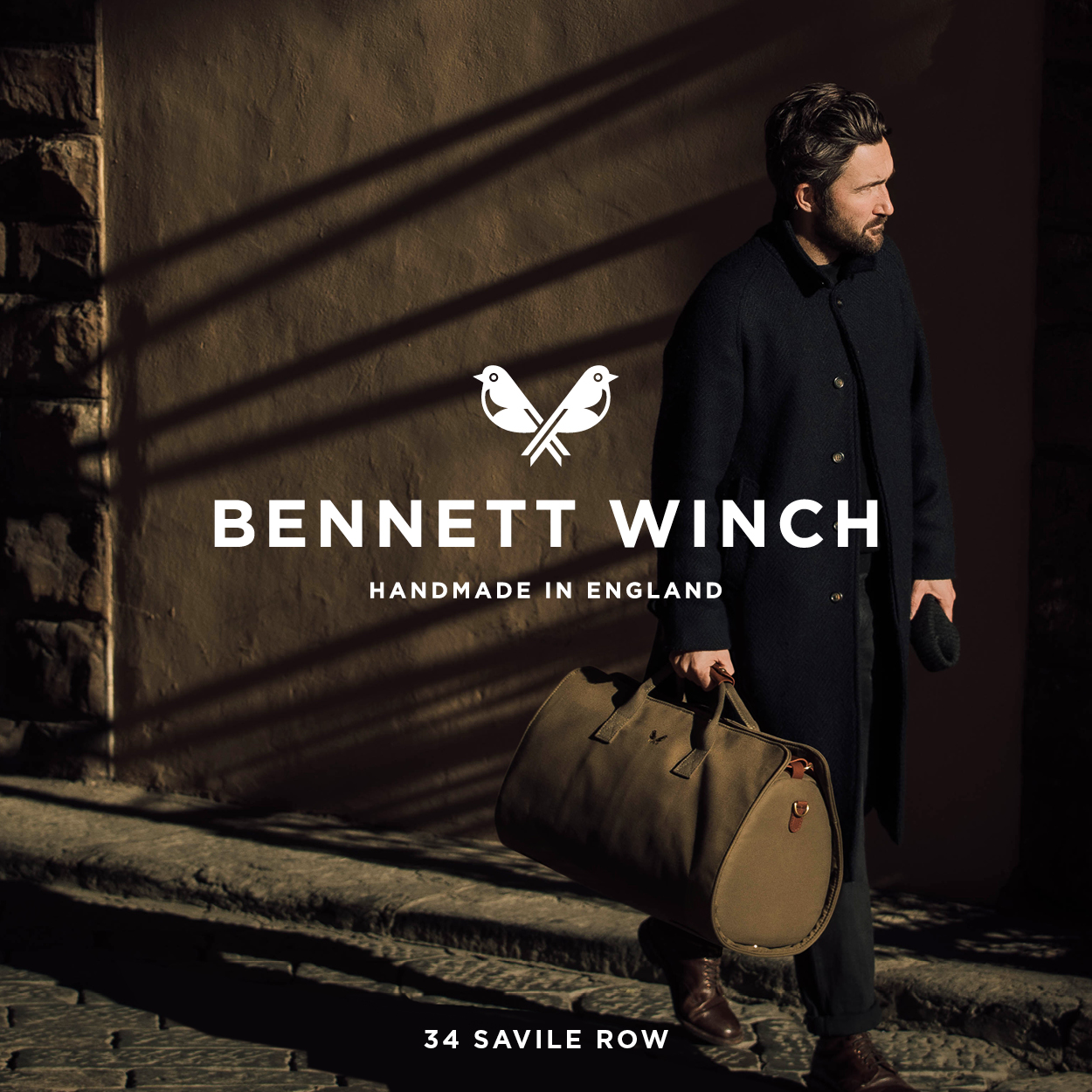




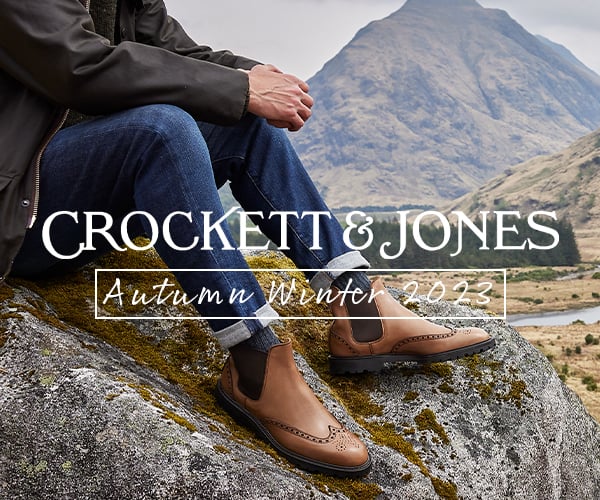
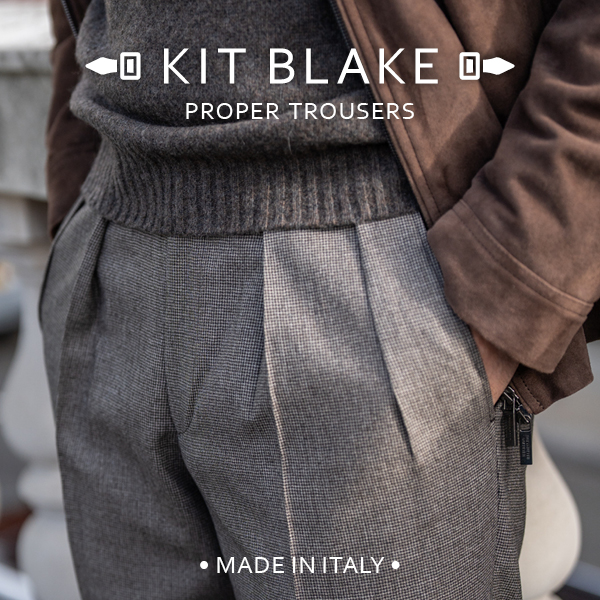




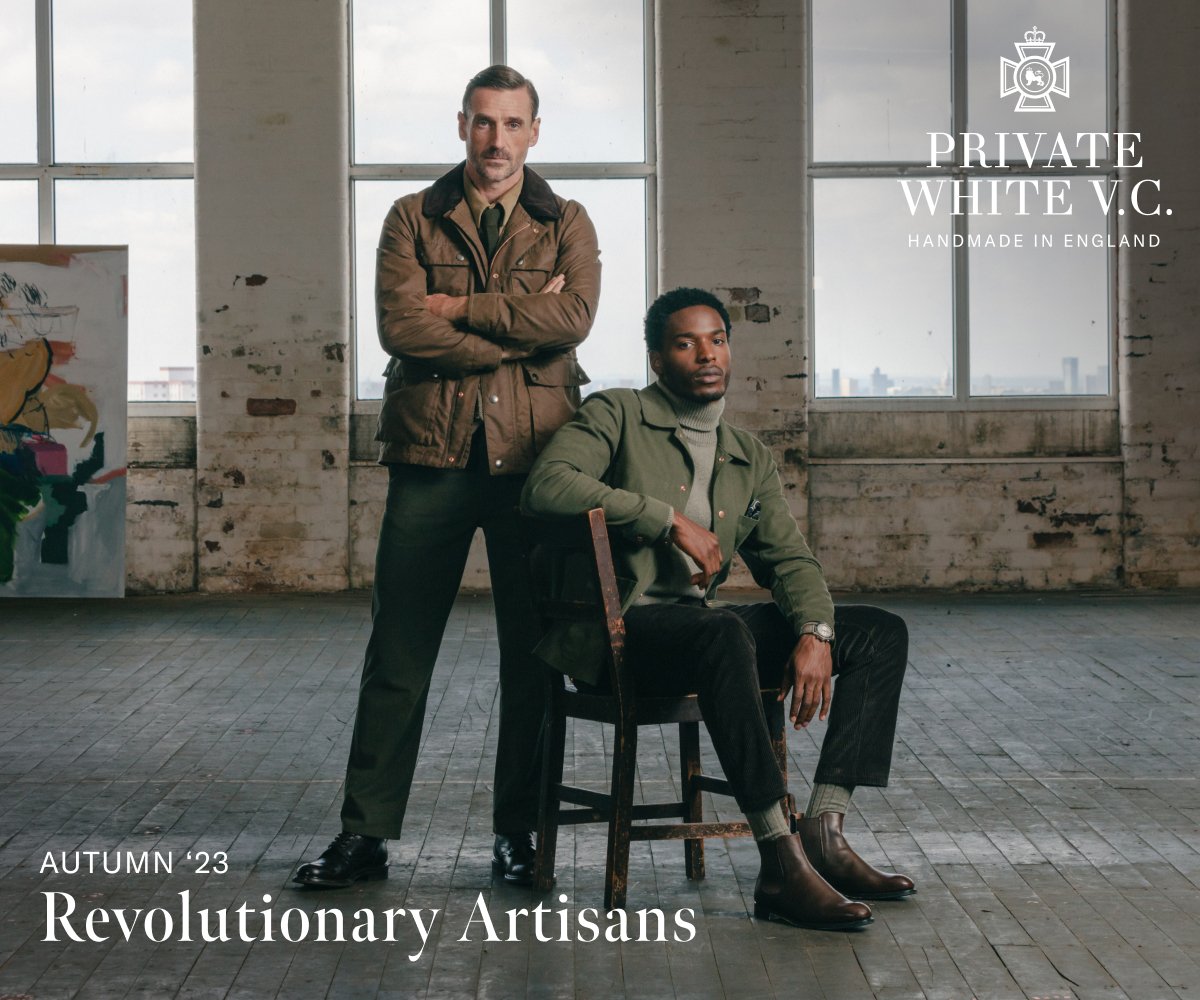
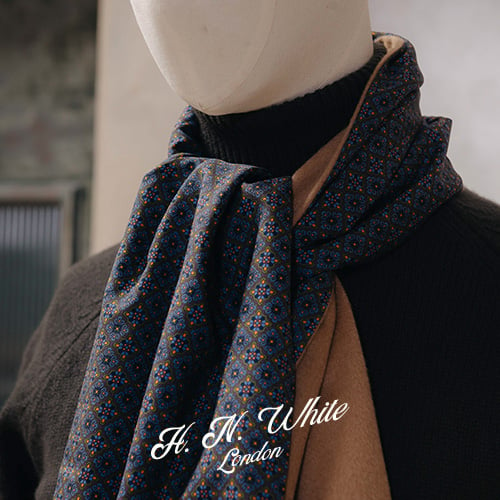




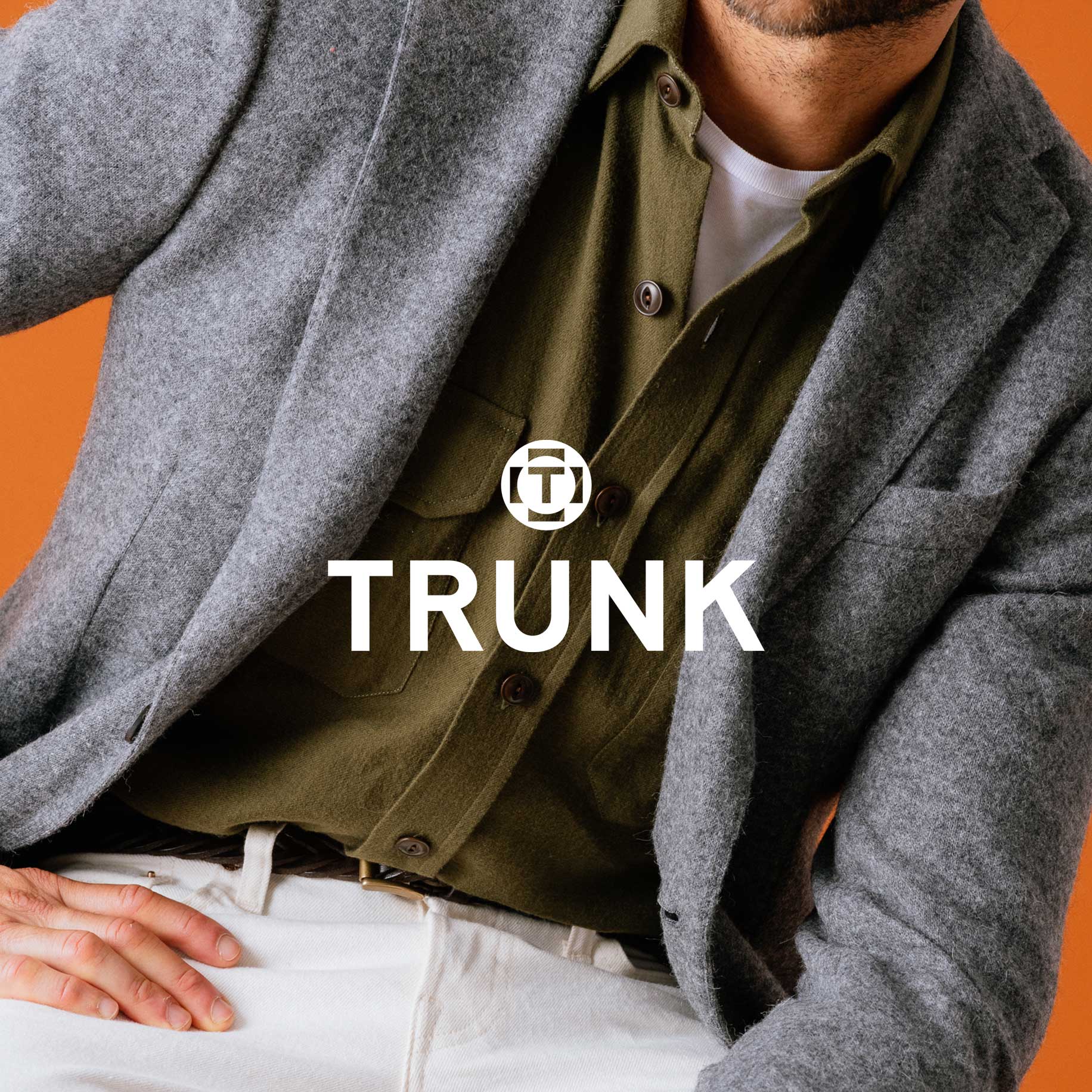
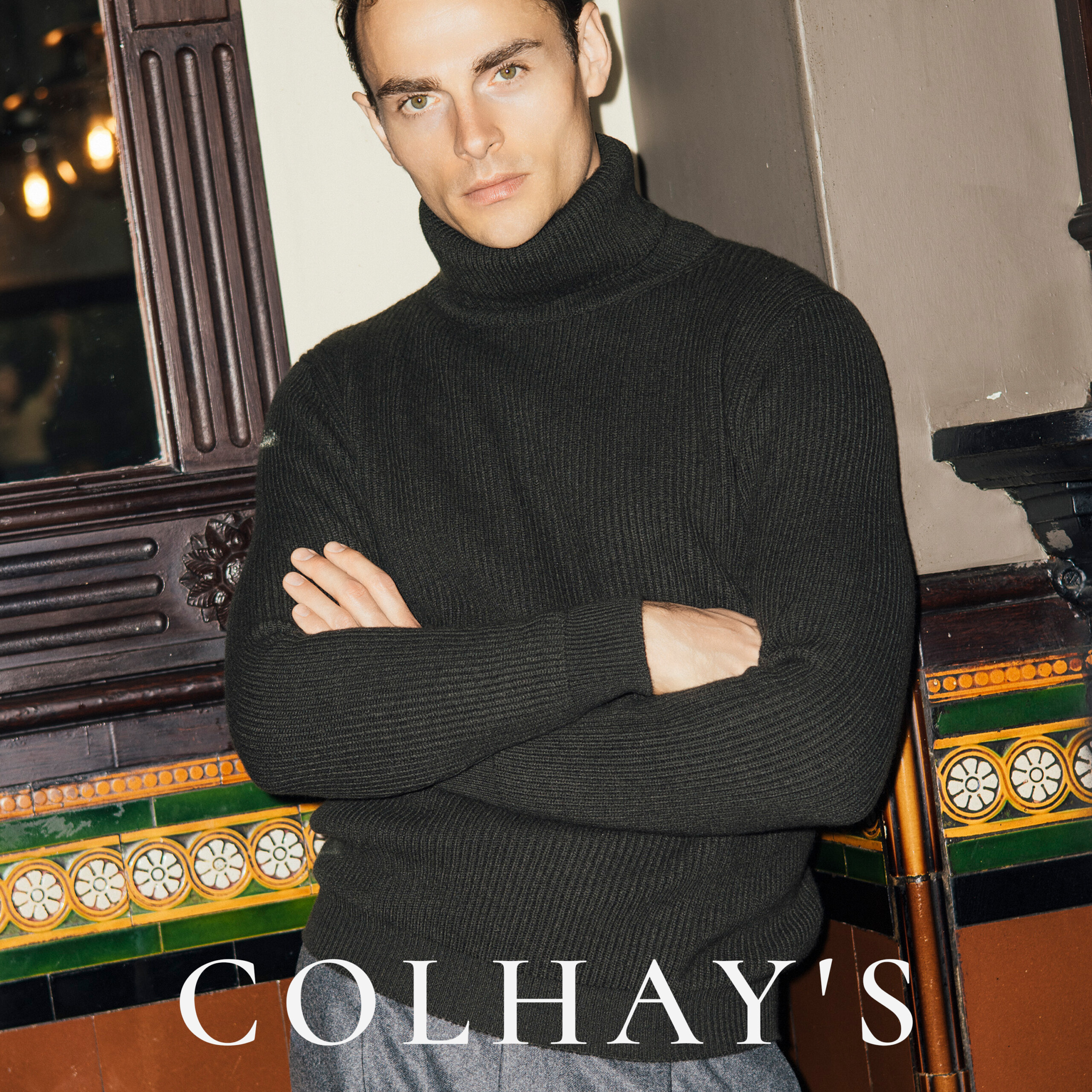





Hi Simon,
Considering that you have extensive experience in having bespoke shoes made/fitted, do you think that this remote service would have better results for you, compared to someone who is going through a bespoke fitting for the first time, and doing it on their own? or are the instructions provided comprehensive enough not to make a difference?
Hi Edric,
It’s a good question. The instructions provided are certainly very comprehensive, and easy to follow. There is no chance of any mistake or misunderstanding there.
However, there are still definite advantages to having had bespoke before. Both because I know my feet very well, and the things bespoke makers need to watch out for, or sometimes get wrong. And because I can communicate a little more easily aspects of fit, such as the spare room there might be in one point or another.
So yes, there is always an advantage to someone who has experience there, and you need to keep that in mind.
Simon
Thanks Simon! That makes sense. Also, any partocular reason you didnt get trees with your order? I assumed they would have been boot trees. Do you just plan to use generic trees for this pair?
I’ll just use generic trees, yes. Less of an issue on a fairly standard shape and a rougher shoe/boot
Just to clarify Simon, would those be generic boot trees? Or generic shoe trees?
I’ve never bought boot trees as I think that shoe trees do the job of keeping the shape, even for tall boots where theres not much structure to preserve in the upper shaft. Hoping that makes sense.
It does, and I agree.
Looking through the bespoke gallery I would say I dislike 90% of the shoes but the 10% I liked I think actually had real character in a way I haven’t seen with any other maker. They are distinctly unusual whilst remaking true to some traditional shoe styles. On the right guy they could be awesome. Not sure I would have chosen the hunting boot but I understand you logic.
Thanks, and that’s well put
I believe hand welting and machine soling is also what St. Crispin’s does. As I understand, the hand welting part is the key to allowing infinite resolings of a shoe. What is lost with machine soling rather than hand soling? Is it some fineness of the finished sole?
Hand welting should also be stronger, with a saddle stitch, and is easier to control to make a smaller stitch, a finer welt, and so on.
However, if you have any number shoes, which most people buying bespoke will have, then it’s unlikely the extra strength or the extra resolings will actually make much difference in your lifetime.
A large part of the reason welts are often done by hand but soles by machine, in systems like this, is that the maker has more control. He can hand over the sewing of the sole to somebody else without it affecting the look and make of the shoe much. Less so with the welt.
Thanks that makes sense. Personally, I think the marginal return on hand soling is therefore pretty small and a sensible way to reduce the cost of bespoke without much loss of quality. Great that this is an option.
Yes, I agree
Remote services will kill bespoke. Craftsmen don’t seem to realise they’re hammering the final nail in their own coffin.
And no, this isn’t about surviving despite the New Normal. They should protest. Because it comes across as acquiescence verging on enthusiasm.
It wouldn’t affect the ultra-wealthy clients (politicians, tech CEOs, decision-makers, former PMs, etc.) who can travel the world with their diplomatic passports and private jets. But it would affect the tier below, and sooner or later they’d start to build a critical mass of annoyed wealthy and fairly influential clients.
Interesting. Because those clients wouldn’t be getting as good a service, and would eventually stop buying bespoke as a result?
I can see that, but post-pandemic I think most of these would travel to appointments anyway, or go to trunk shoes.
And the advantage of the remote is that there’s a vast clientele out there that currently has no access to either?
Hi Simon,
Will you be offering a navy or indigo version of the LA overshirt?
Regards,
Andrew
It’s our own twist on the shirt, but yes there will be a dark navy and the dark brown that was shown here. See comments in that post for other answered questions too.
Haha, a few spectators there, wonder what you think of them Simon
Not really a fan of spectators. Too easily flash, or gimmicky
I know. The question was more specifically what you thought of Carreducker’s.
Ah, I see. They’re a little more refined, but still not something I’d seriously consider to be honest
Interesting Simon, thank you!
To understand the process better, is there a fitting with this service?
Best, Laurent
Yes there is